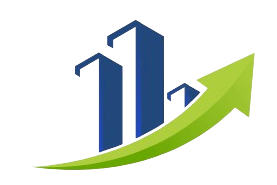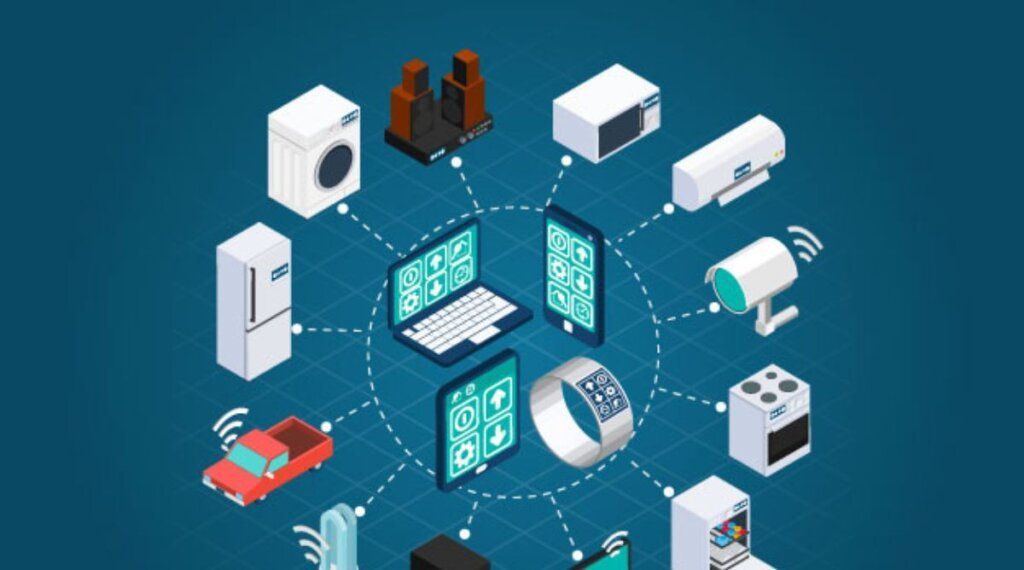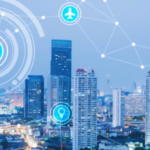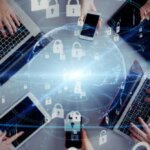Targets of Internet Blockers” are all varieties of content that individuals, organizations, or even the state wish to limit or completely erase from online presence. Internet blockers are technologies that filter, censor, or limit users’ online activities and services.
Blockers can be implemented for various reasons, such as maintaining social etiquette and laws or restricting harmful content to children and teenagers. Even legal issues are tackled with these blockers; pornography involving children’s images, hate speech, or anything breaching law or social norms is at risk of being blocked.
Some political activity or even gambling avenues are often termed as dangerous and hence a target for blockers. The evolution of the Internet can make one ponder the targets of blocking as well. The constant clash between censorship and free speech leads one to consider the correct target to focus on. Identifying the targets of internet blockers is crucial in today’s world due to the complexities of online content regulation and its effects all around the globe.
Overview of Content Regulation Categories
Illegal Content. This category includes any content that is unlawful and inflammatory at a societal level, such as child pornography and drug trafficking. Governments prioritize blocking this type of content as it protects citizens and upholds a legal framework.
Hate Speech. Targets of Internet Blockers indeed come into play to stop speech that promotes violence or discrimination against specific groups. For one, some countries have laws against hate speech and take these matters seriously.
Political Content. This can range from criticism of political parties to outright civil defiance and dissent against the ruling authority. Press releases, blogs, and social media posts all equally challenge a regime, and so some governments censor these.
Copyrighted Material. To inform content blockers, sites containing movies, music, applications, software, and other materials against copyright directives are targeted. As a rule of thumb, copyright owners, with the government’s help, disable access to such websites.
Gambling Sites. One of the common types of content that are regulated by most countries is online gambling games. It is tough to consider providing free access to such betting websites as responsible gambling is hardly controlled, so in most cases, online betting sites are blocked.
Social media platforms. In the end, social media sites can be blocked to fight information disorders and cyberbullying, among other factors.
Methods of Blocking.
Targets of Internet blockers are done in a variety of different ways:
IP Blocking. This method includes turning off specific IP addresses of the content perceived as unwanted. VPNs make this method rather easy to bypass, as it is a relatively simple one at its core.
DNS Filtering: This practice prevents users from resolving domain names corresponding to the forbidden content. Typically, this form of blocking is utilized in schools and workplaces.
URL Filtering restricts specific URLs or sites. This form of blocking is common in workplaces to limit non-work-related sites.
Keyword Filtering: Some types of blockers compile keyword lists which are used to block specific terms or phrases.
The Complex Landscape of Internet Blocking: Balancing Security and Freedom
The Targets of Internet Blockers raise essential concerns regarding censorship and access to information. The balance between protecting the people and censoring content is an issue many are trying to resolve while the world continues changing due to technological advances. Blocking dishonest and harmful content is essential, but the line is easily crossed in a censorship-hungry world.
Such approaches are used in many countries, as they allow the government to maintain social order, citizens and resources, and national security. However, this leads us to the question of how far a government should, if not can, impose these laws on citizens. That remains up for debate. In many countries, political censorship and internet blockers are becoming evident as a government’s attempt to deny the free flow of information.
It can include restricting access to social media sites, newspapers, and blogs critical to the government and its policies. Such measures infringe on the freedom of speech and censor people from participating in constructive dialogue.
National Security Governments might equally block material they consider a threat to national security. This may encompass sites that incite terrorism, violence, or other illegal actions. Such restraints may appear necessary in protecting the citizens, subjecting innocent political expression to abuse.
The Role of Organizations
Organizations or even schools and workplaces also use internet blockers to limit online content. Usually, these blockers are deployed to enhance productivity, safeguard personnel from harmful content, and ensure compliance with legal requirements. Workplace Restrictions Many enterprises deploy internet blockers to prohibit access to non-work related internet sites like social media and gaming sites.
The intention is to maximize productivity at work and minimize distractions. To some extent, it does create discontent with employees who feel their freedom is being suppressed. Educational Institutions Most schools deploy internet blockers to prevent students from accessing destructive content and ensure a virtuous learning environment is maintained online.
This includes internet blocking of some websites that contain resources for adult content, violence, and sites that encourage bullying and harassment. Even though these actions are undertaken for the good of the students, they can sometimes restrict students from accessing necessary resources.
Balancing Act
Organizations need to balance protecting users and accessing information. Restrictive policies regarding internet use may interfere with productivity and stunt learning and development. Therefore, organizations must periodically assess the need for such blocking and modify it when necessary.
The Role of Individuals
Groups and individuals also play a vital role in deciding what the internet blockade focuses on. Many people have personal blockers or virtual private networks, in short VPNs, that moderate their internet usage and keep their information confidential.
Personal Internet Blockers
Some people block the Internet to evade certain advertisements, tracking cookies, and unwanted websites. Personal Internet blockers can enhance the surfing experience, offering a safe and clean environment.
VPNs and Anonymity
VPNs enable the user to bypass internet blockades and enter restricted areas. By altering the internet protocol address, users can freely surf websites blocked to their geographical region, as it encrypts their internet use.
This has recently resulted in an impending argument about the morality behind violating internet blockers and the consequences it poses for content moderation rules.
Access to Information is a Right.
Every person is entitled to information without any limitations. While people deal with the challenges of internet blockers, there is the larger question of who is affected and their right to receive information. While users should be protected from harmful content, limiting free speech is equally bad.
Internet Blockers and Their Future.
TheTargets of Internet Blockers will likely change over time as technology advances. Creating new types of content, like deepfakes and misinformation, will present new challenges for users and people regulating it.
New Threats.
The use of Deepfake technologies raises the potential for hurtful, highly manipulative content with deceptive intentions. With these new ideas for technology, the targets for the blockers may have to broaden to things that cannot necessarily be proved as harmful or false.
Artificial Intelligence’s Involvement.
AI is set to change how internet blockers currently work. For starters, AI can enhance the security level of the algorithm, accurately scouting deceptive content.
However, there is still a risk on the privacy side, which raises concerns about potential overreach regarding these issues.
Internet Blocker Controversies Ongoing
The debate about implementing internet blockers will progress as technology improves and societal changes occur. The censorship vs. freedom of expression debate, along with accessibility concerns about information, will constantly be an issue for policymakers in the future.
Conclusion: Targets of Internet Blockers
To put it concisely, the ‘targets of internet activity blocking programs’ are nearly unlimited, from illegal content to almost anything that can provoke political opposition. Knowing the Targets of Internet Blockers forms a basis for understanding web censorship and its consequences. While technology looks poised to maintain the current evolution pace, internet censorship will become an even more topical issue in the future, which means there is a need to continue pursuing the discussion of freedom and censorship of information on the web.
FAQs: Targets of Internet Blockers
Which content is most commonly targeted by Targets of Internet Blockers?
The foremost attention is paid to illegal content, hate speech, copyright infringement, political content, gambling websites, and social media platforms.
Are these techniques successful?
Restrictive measures are partially successful, but VPN usage can bypass them.
What are the Economic Consequences of Internet Blocking?
Blocking the Internet imposes a paradox between public order and liberty as it has implications for the possibility of free speech, censorship, and access to information.
Who Sets the Internet Block?
Individuals, schools, organizations, and governments can block the Internet due to legislation, content blocking, or other reasons.







